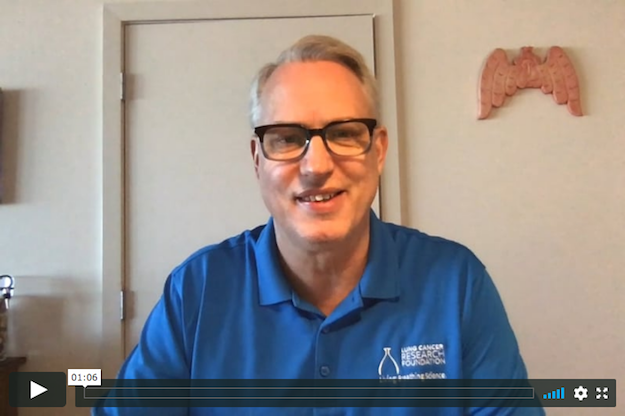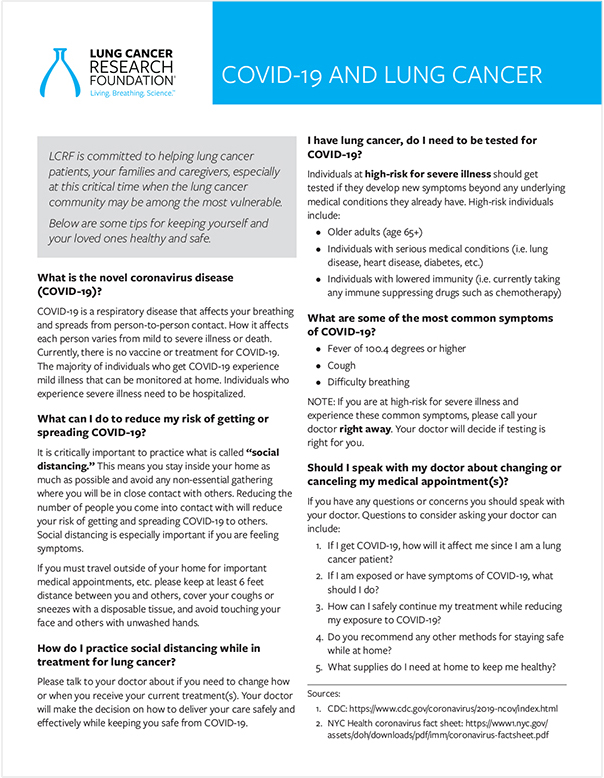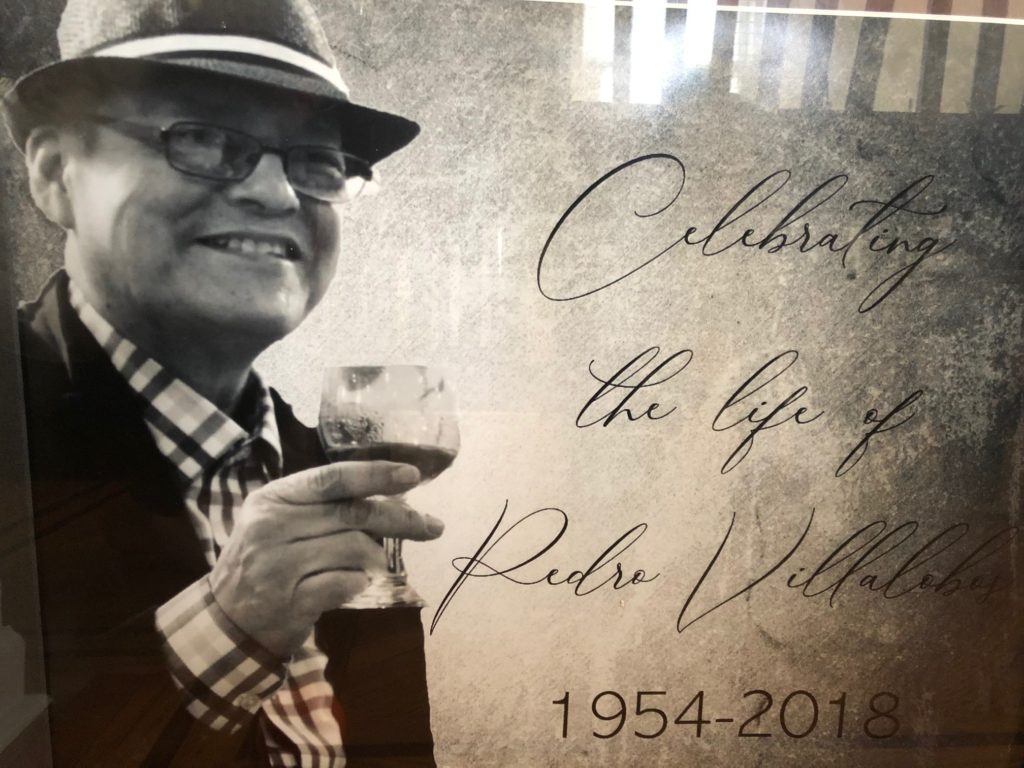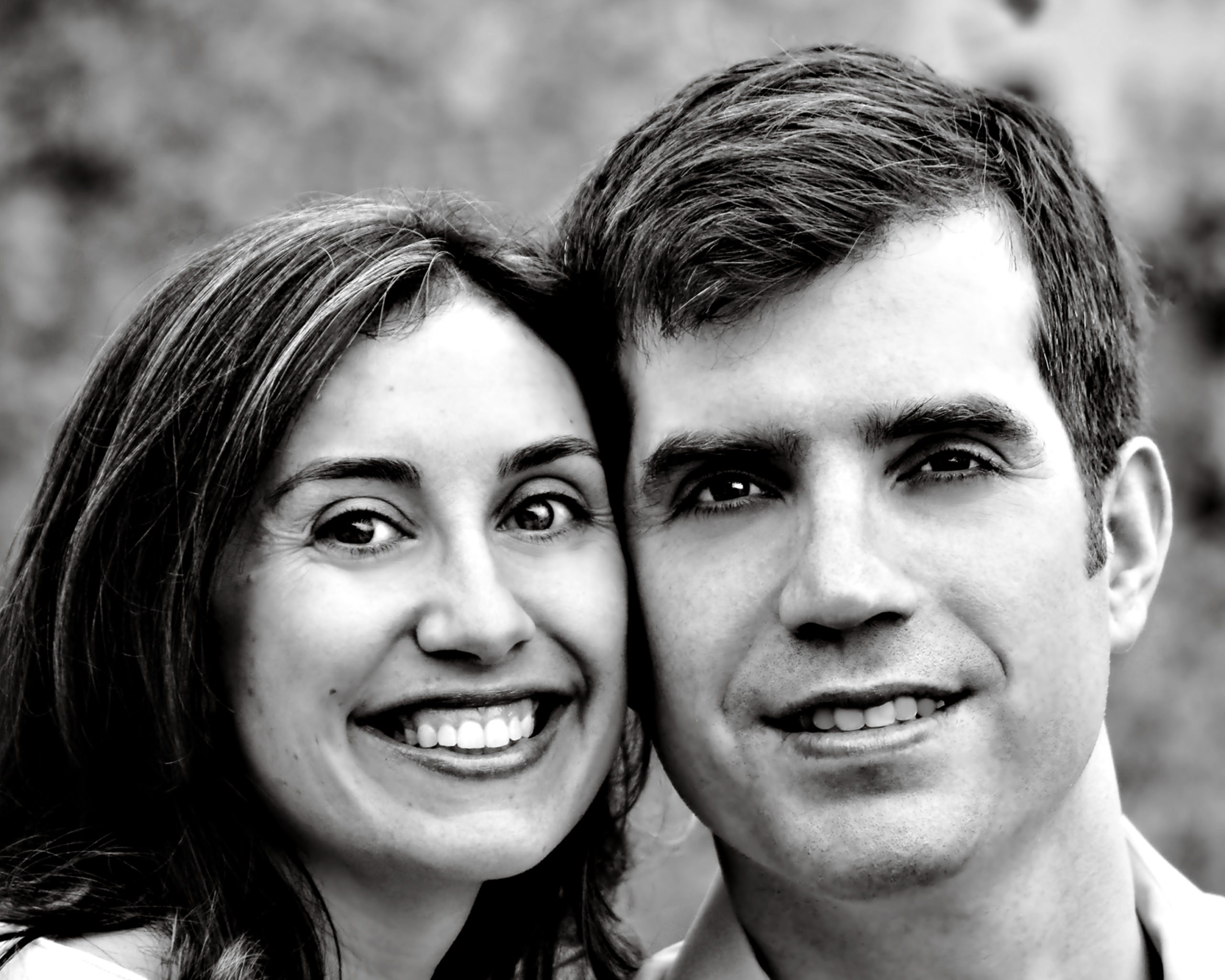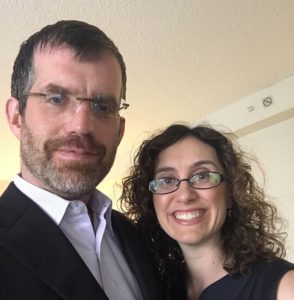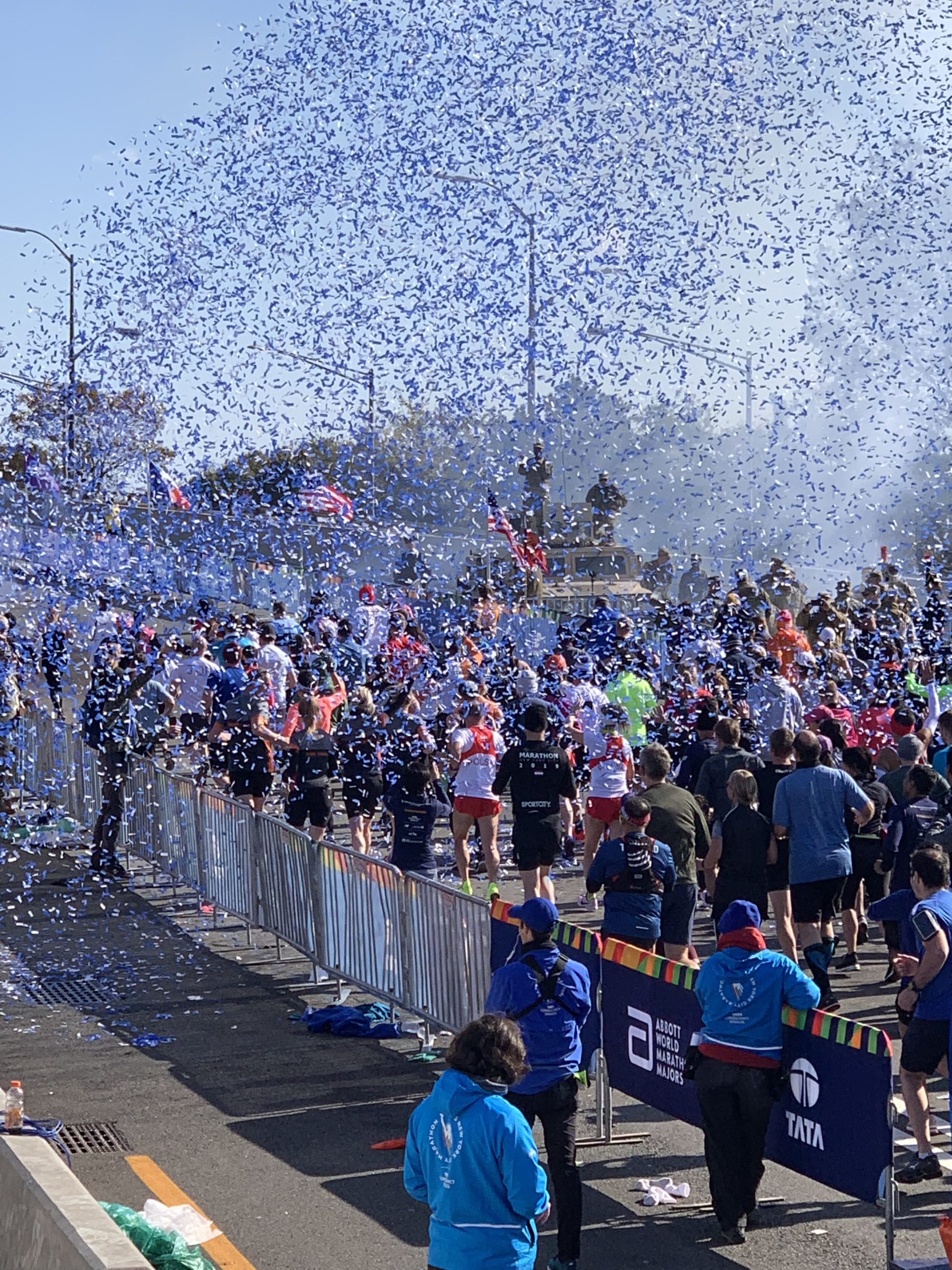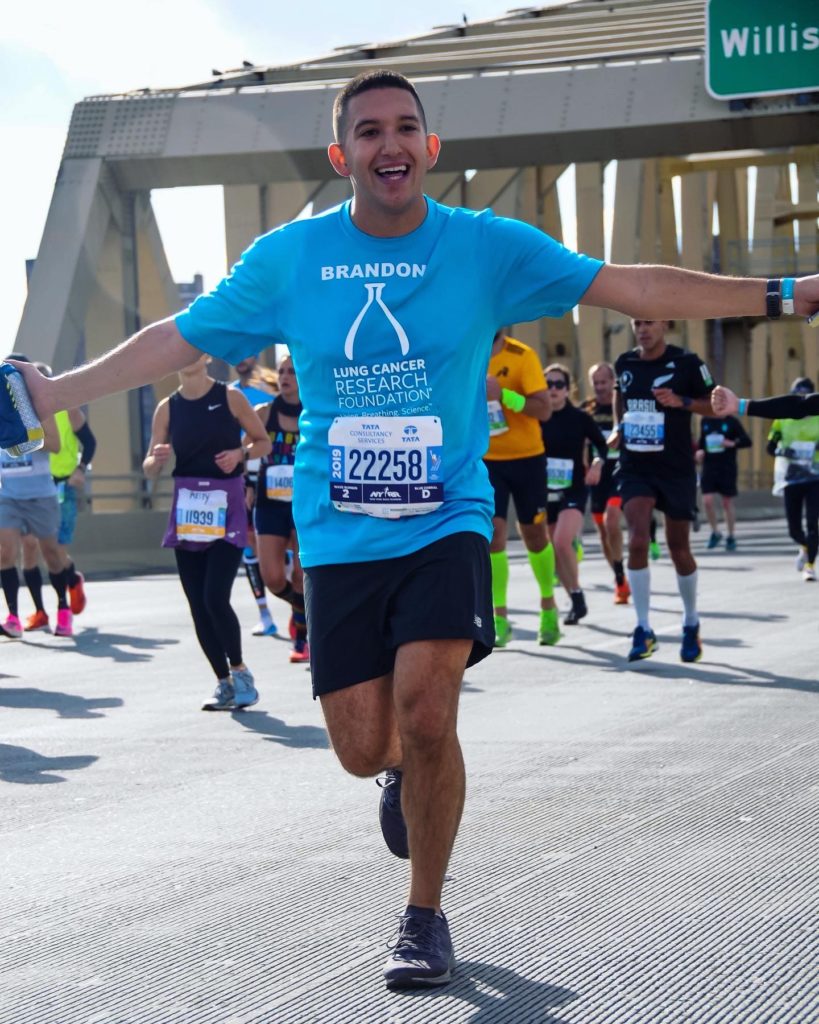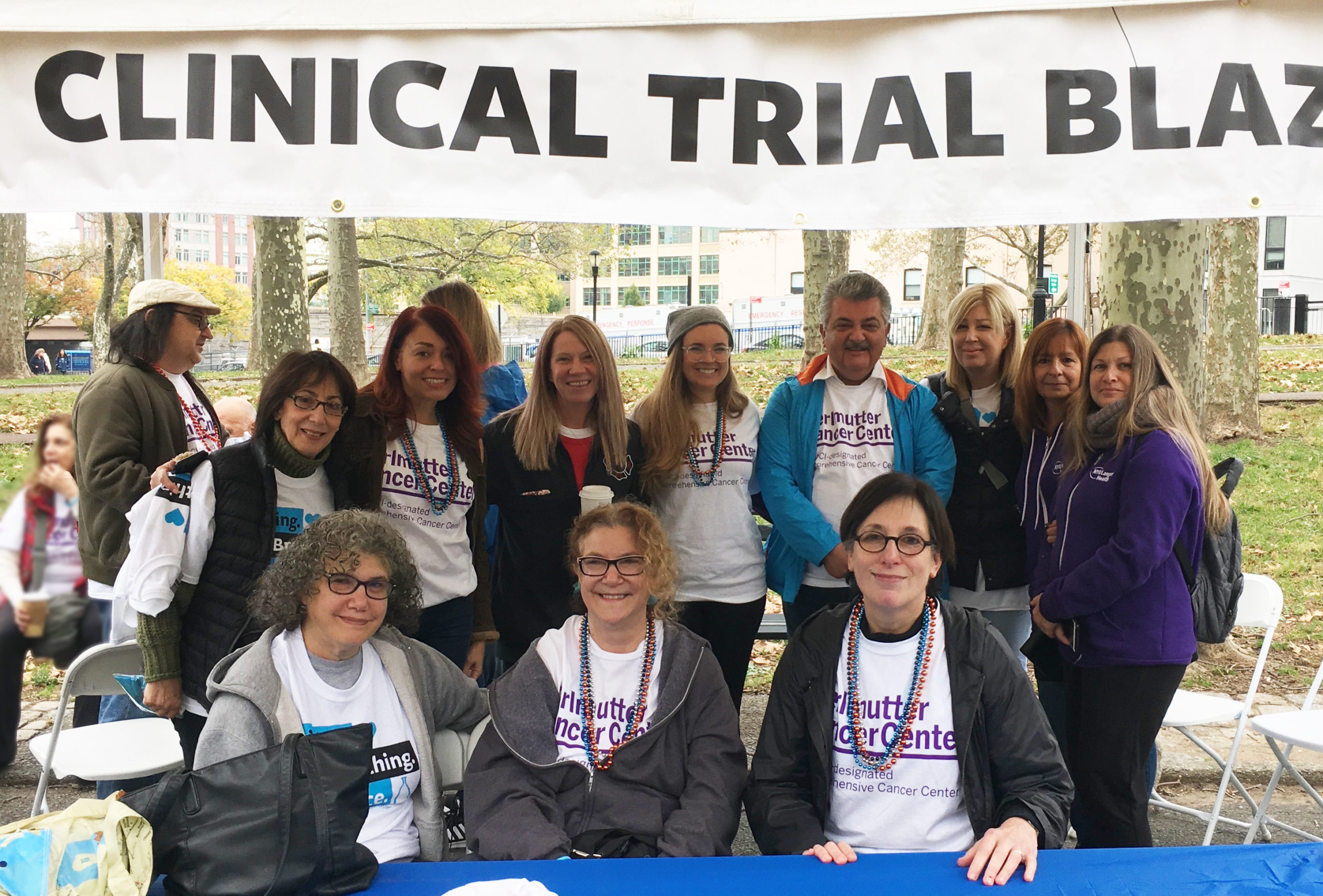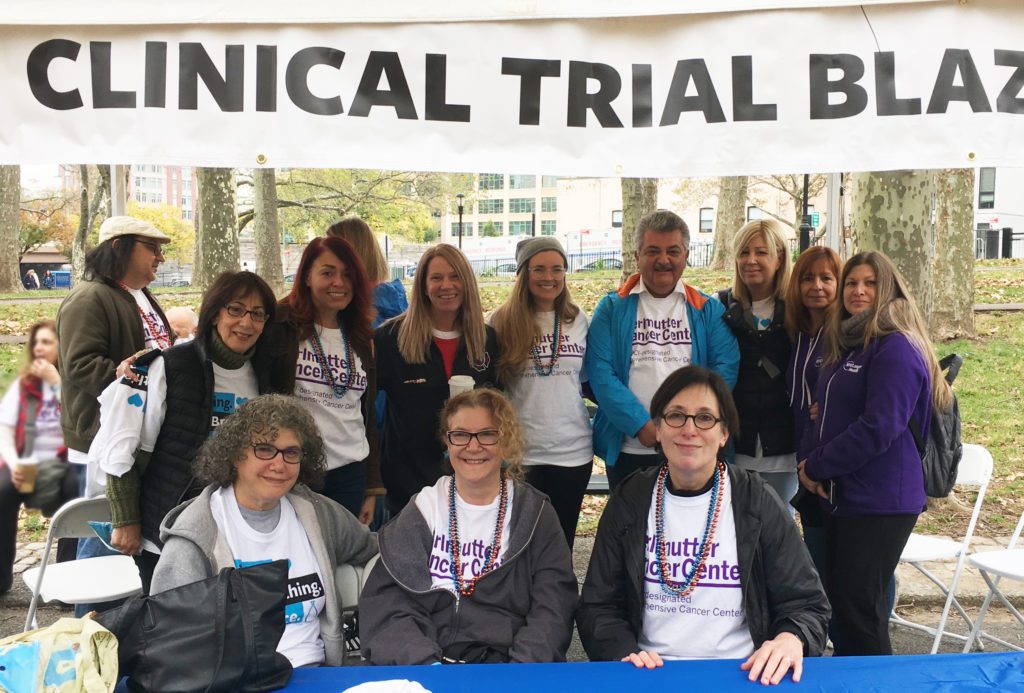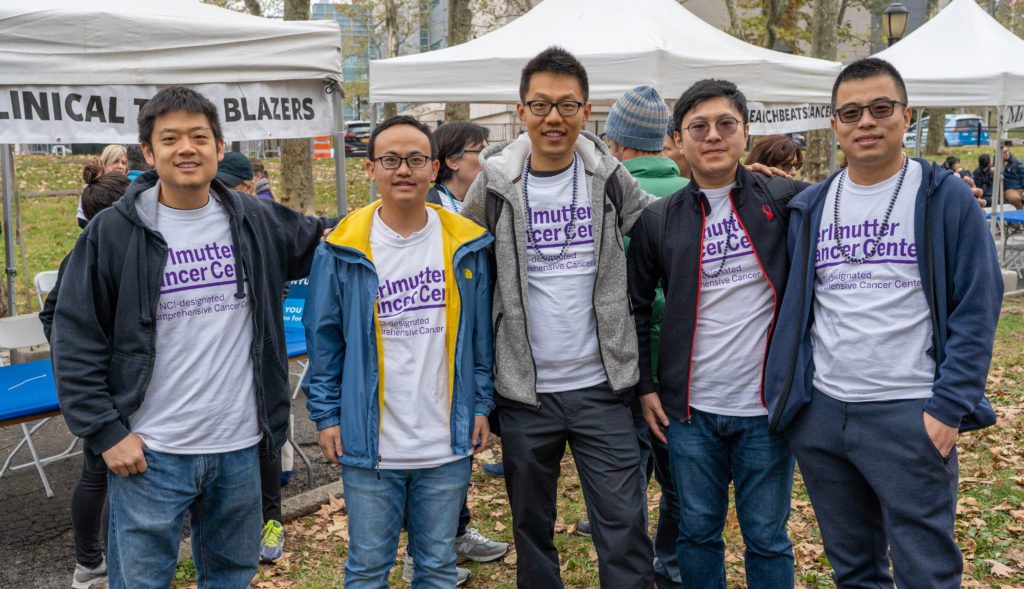New York, NY (January 22, 2019) – The Lung Cancer Research
Foundation®
(LCRF), the largest lung cancer focused foundation in the US supporting lung
cancer research, has unveiled its newly revamped website, lcrf.org. The recently updated website has a fresh
visual design, offers easy navigation and is mobile optimized.
LCRF
is the leading nonprofit organization focused on funding innovative,
high-reward research with the potential to extend survival and improve quality
of life for people with lung cancer. To date, LCRF has funded 370 research
grants totaling nearly $34 million, the highest amount provided by an
organization dedicated to funding lung cancer research.
The organization’s website rebuild was spearheaded by Speak
Creative, a Tennessee-based digital agency. The site unifies LCRF’s quality
content with the viewer, the lung cancer community, in mind. The homepage of
the site contains three specific journeys— lung cancer patient/caregiver, lung
cancer researcher and supporter/advocate—to help visitors navigate and easily
obtain the information they are looking for.
“We are so proud and excited to debut our redesigned
website,” said Dennis P. Chillemi, Executive Director, LCRF. “We hope that the
new design will make for a more enjoyable user experience. Our goal is to make
sure that visitors can easily find the information they are looking for,
whether it’s information on the current research we are funding, the latest FDA
approvals, or registration for an upcoming lung cancer community event.”
LCRF’s website will be updated regularly with new content including the latest lung cancer treatment advances, upcoming events and educational workshops, and updates on LCRF’s Scientific Grant Program and LCRF-funded investigators. Viewers can visit the new site and explore LCRF’s content by visiting www.lcrf.org.
# # #
About the Lung Cancer Research Foundation
The Lung Cancer Research Foundation® (LCRF) is the leading nonprofit organization focused on funding innovative, high-reward research with the potential to extend survival and improve quality of life for people with lung cancer. LCRF’s mission is to improve lung cancer outcomes by funding research for the prevention, diagnosis, treatment and cure of lung cancer. To date, LCRF has funded 370 research grants, totaling nearly $34 million, the highest amount provided by a nonprofit organization dedicated to funding lung cancer research. In addition to funding lung cancer research, the organization offers awareness and educational programs and brings the lung cancer community together through Free to Breathe Walks and other events nationwide. For more information, visit lcrf.org.
